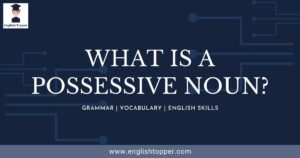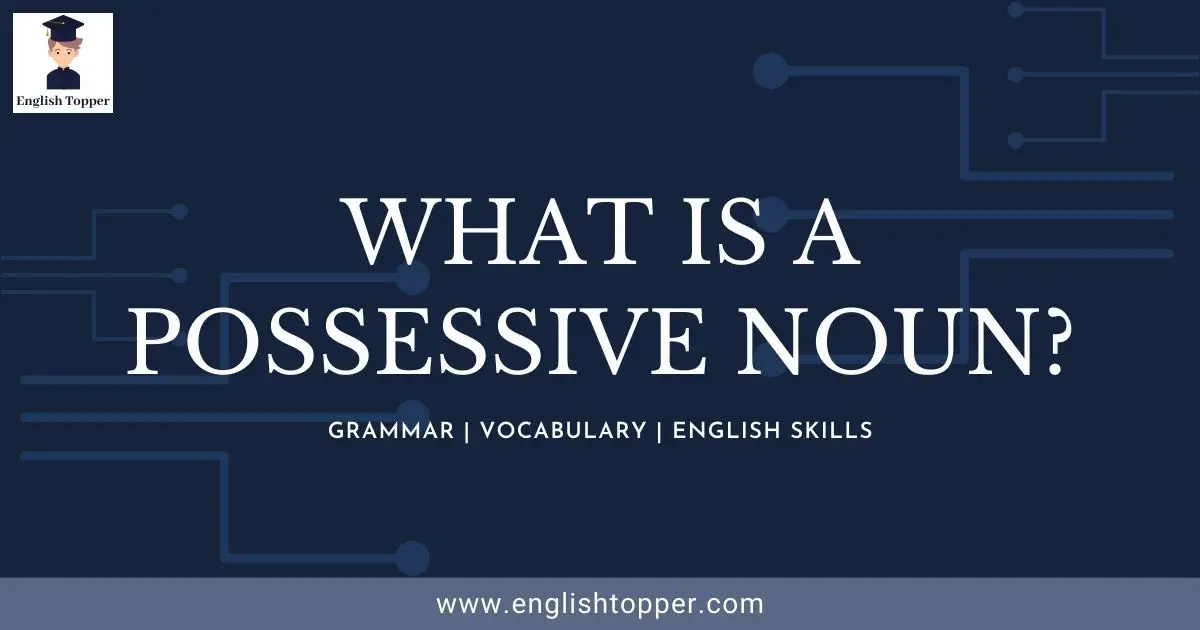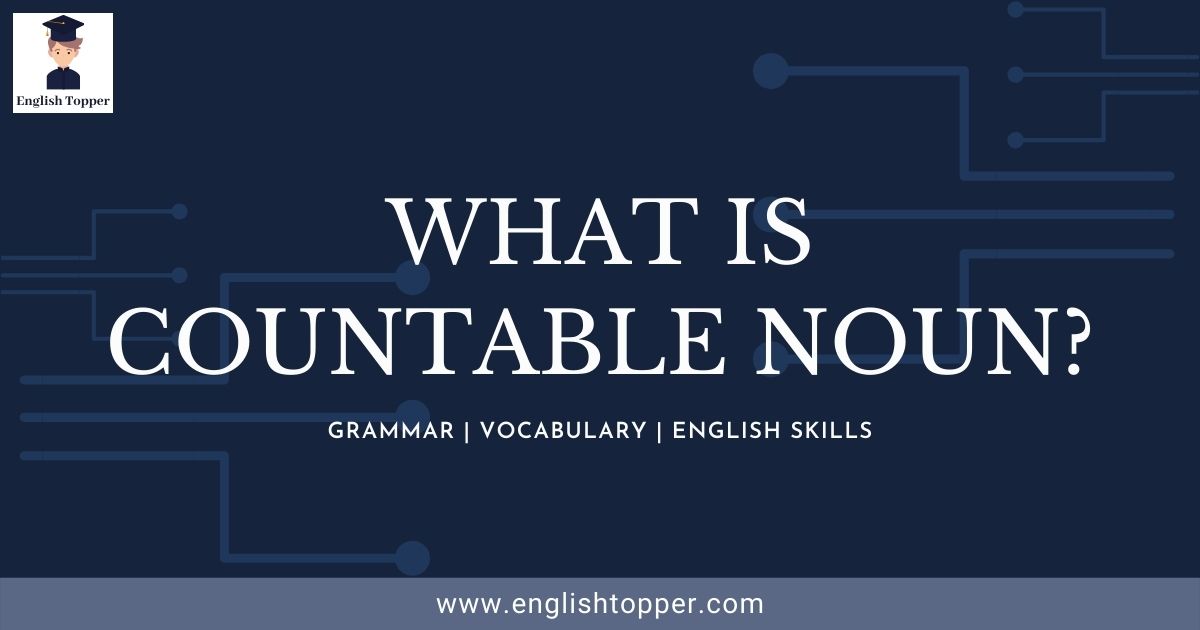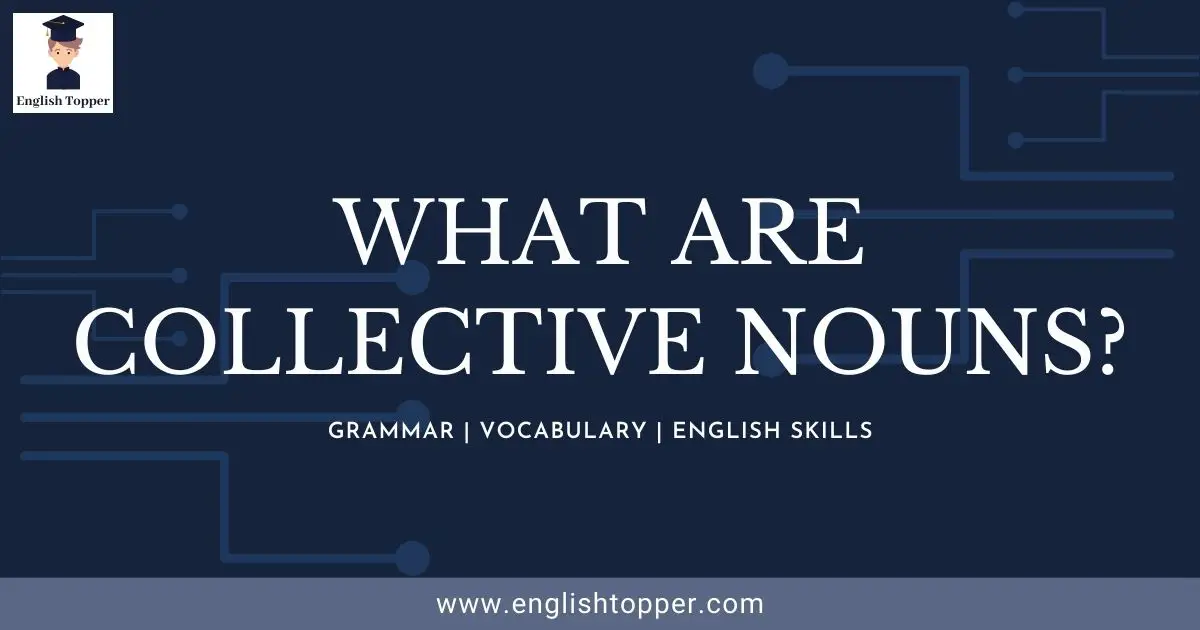Table of Contents
What is a Possessive Noun?
Possessive Nouns are the type of nouns which shows the ownership (which means something that owns) by the person. It is used by adding an apostrophe and the letter s (i.e, -‘s) to the end of the word.
For example: Today, I went to Raju’s house and played a lot of games.
Now let us understand the different types of Possessive Nouns.
Also Read: Noun Definition and Examples | Best English Guide 2021
Different Possessive form of Nouns
Generally, Possessive nouns are categorised into two types of forms. Those are,
- Singular Possessive Noun
- Plural Possessive Noun
What is Singular Possessive Noun?
If a single person, place or thing owns something (ownership), then it is usually called as Singular Possessive Noun.
If the noun of the word contains s or sounds -s at the end, then you need to normaly add -‘s to the end of the word like boss – boss’s, class – class’s, etc.
So, in order to use this, you need to add -‘s to the end of the word. You can refer some of the examples which is given below.
Example Statements:
- Geeta’s piano was broken yesterday.
- Rani’s uncle went on vacation last week.
- Sudheer’s father gifted his son a watch on his birthday.
- Today’s boss’s advice worked very well.
What is Plural Possessive Noun?
If multiple (more than one) persons, places or things owns something (ownership), then it is usually called as Plural Possessive Noun.
So, to use Plural Possessive Noun, we need to shift ( ‘ ) to the end of the word. As we know that in plural form ends with -s.
We need to just shift the symbol ( ‘ ) to the end of the word ending with “s” (like -s’).
You also need to remember that they’re many plural forms that are irregular (words that don’t end with -s like man-men, woman-women, tooth-teeth, etc). For this type of words, you can add -s normally to the end of the word.
Example Statements:
- All the students’ dreams and goals was asked by the teacher.
- The four roommates’ salary was not enough to spend the basic needs.
- The cows’ milk was collected by the farmer early in the morning.
Possessive Nouns Rules
Here are some of the rules that you need to remember while using Possessive nouns.
Rule 1: If you are using Possessive Noun with time (duration) in the sentence, then you need to use apostrophy ( ‘ ) symbol to the end of the word.
Example: Ravi has ten years’ experience in Marketing analysis.
Rule 2: You can use the word “of” instead of apostrophy symbol from the Rule 1.
Example: Ravi has ten years of experience in Marketing analysis.
Here, you can observe that the only difference between Rule 1 and Rule 2 is that only the symbol ( ‘ ) apostrophy is replaced by the word “of” (preposition).
But remember that the usage/purpose of these are equal in the above two example sentences.
Rule 3: If two persons (or) places (or) things owns somethings together, then we need to add -‘s to the second person (or) place (or) thing only.
Example: Joseph and Mary’s house is very big and beautiful.
Here, -s is only added the second person's name. That is "Mary's" but not for Joseph (first person).Rule 4: If two persons (or) places (or) things own the same thing, then you need to add -‘s to the second person (or) place (or) thing.
Example: Today Sita’s and Geetha’s dress are of same colour.
Here, two of them have their own dress. That's why -s is added to both first and second person.More examples of Possessive Noun
Here are some more examples of Possessive Noun that you can refer from this topic.
- Karthik’s business increased revenue of 200% this year.
- Sarah’s father is working as Chief engineering in a multinational company.
- Karthik’s dream is to purchase a new house within next year.
- The Government has released its guideline policies in today’s news.
- Most of the employees are not been paid their last month’s salary.
- The leader is usually chosen from the majority of people’s votes.
- The boss is not happy with today’s work progress.
Quiz Time! (Test your knowledge here)
#1. Is "person's" a Singular Possessive Noun?
#2. There are 3 types of Possessive Nouns. Is it true or false?
Answer: It is false.
#3. Today's class is a little bit boring. Identify the Possessive Noun.
Answer: Today’s is the Possessive Noun in the sentence.
#4. Sneha's mother gifted a doll on her birthday. Identify the Possession.
Answer: “Sneha’s” is the Possession Noun.
#5. Possessive Nouns are represented with "!". Is it true or false?
Answer: It is false.
#6. Raju's performance is not upto standards. Identify the Possession.
Answer: The Possession Noun of the given sentence is “Raju’s”.
#7. The dog's dish is empty. Identify the Possessive Noun.
Answer: Here, the Possession Noun is “cat’s”.
#8. Your t-shirt's logo is very unique. Identify the Possessive Noun.
Answer: Here, the word “t-shirt’s” is Possessive.
#9. These Peoples' opinion is right. Which type of Possession Noun is used?
Answer: Plural Possessive Noun.
#10. Possessive Noun shows the ____________ of the person.
Answer: Possessive Noun shows the ownership of the person.
Results
|
Getting your Trinity Audio player ready...
|
Hurray….. You have passed this test! 🙂
Congratulations on completing the quiz. We are happy that you have understood this topic very well.
If you want to try again, you can start this quiz by refreshing this page.
Otherwise, you can visit the next topic 🙂
|
Getting your Trinity Audio player ready...
|
Oh, sorry about that. You didn’t pass this test! 🙁
Please read the topic carefully and try again.
Summary: (What is a Possessive Noun?)

- If something (person, place, thing, etc) possess something, then it is called Possessive Noun.
- For example, the middle class’ income, t-shirts’ logo, etc.
- Possessive Nouns are usually categorised into two types i.e Singular and Plural Possessive Nouns.
- These are even classified into two types. Those are regular and irregular possessive nouns.
If you are interested to learn more, then you can refer wikipedia from here.
I hope that you understood the topic “What is a Possessive Noun?”. If you have any doubts regarding this topic, then comment down below and we will respond to your questions as soon as possible. Thank You.








[…] What is a Possessive Noun? (with examples) | Best Guide 2022 […]